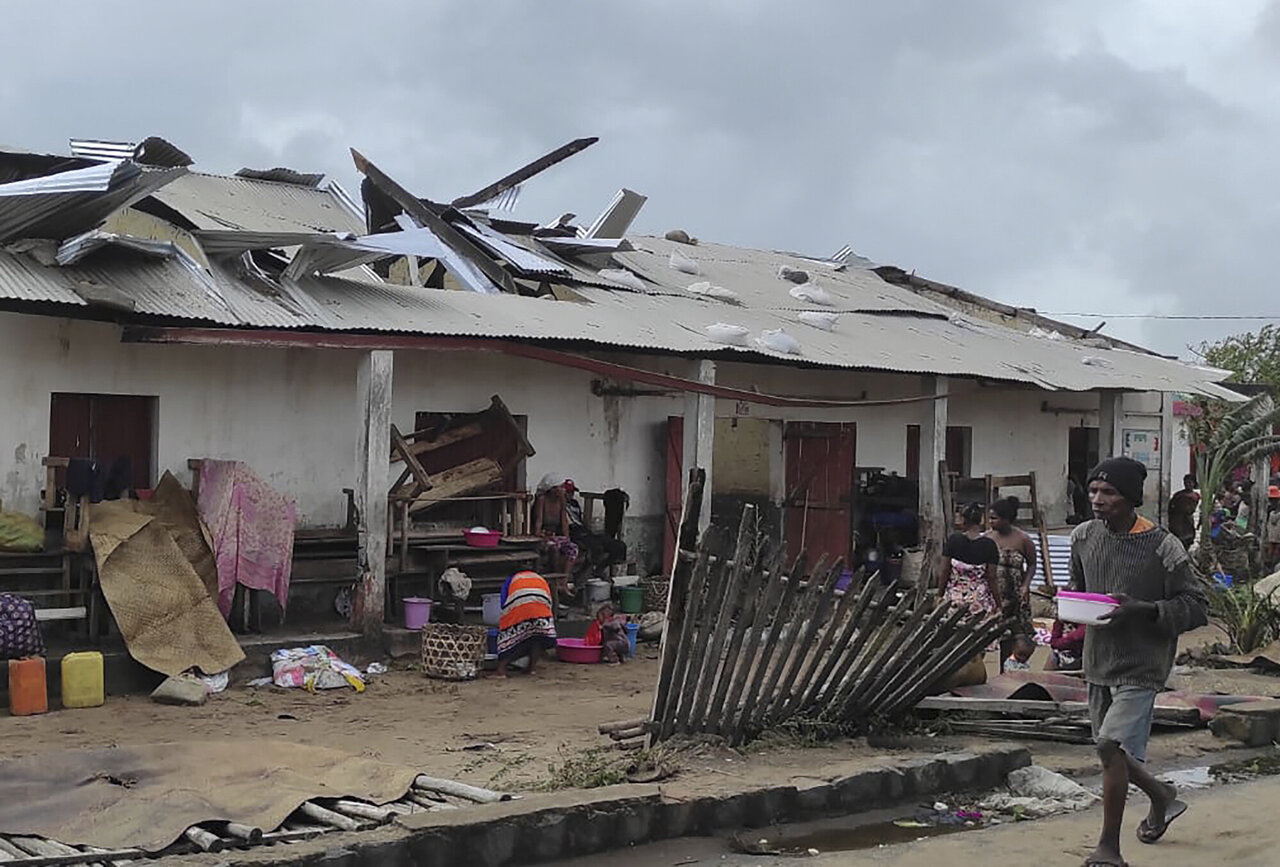By Ntombi Mhlongo
As Cyclone Freddy rages on and leaves destruction and death in its wake, many sectors of society are fearing the worst for the people on its path.
More than 100 people have been killed by Cyclone Freddy which seems set to break records by becoming the longest-lasting cyclone in the history of the world.
South Africa President Cyril Ramaphosa has offered condolences to the governments and citizens of Malawi, Mozambique, and Madagascar which have been affected by Cyclone Freddy.
Read More: Cyclone Freddy kills 99 more in Malawi
The tropical cyclone, which originated off the northwest of Australia in recent weeks and has travelled across the Indian Ocean has resulted in nearly 140 deaths, a high rate of injury, and the loss of public infrastructure and private property in the three countries.
“As the government and people of South Africa, we are saddened by the loss of human life, livestock, infrastructure, and property experienced by our sister nations.”
“Our thoughts are with the many families who have lost loved ones in this disaster and we share the wishes of the people of Malawi, Mozambique, and Madagascar that these extreme weather incidents will subside so that recovery and rebuilding efforts can proceed,” the president said.
Meanwhile, Club of Mozambique News reported that the storms and floods that have hit Mozambique since February, have claimed 117 lives, according to Prime Minister Adriano Maleiane. Giving information on the floods to the country’s Parliament, the Assembly of the Republic, Maleiane said that, up to March 5, 272 000 people had been affected.
Read More: Cyclone Freddy hits Mozambique again
Cyclone Freddy was responsible for most of the damage. It was reported that when it hit parts of the southern provinces of Inhambane and Gaza in late February, it dropped between 300 and 900 millimetres of rain in 24 hours.
Instead of dissipating, this cyclone has returned to the Mozambique Channel and is now heading northwards towards Zambezia province, where it is expected to make landfall.
The heavy rains were swelling many of Mozambique’s main rivers. Maleiane said that the Limpopo, Incomati, Maputo, Pungoe, and Rovuma rivers have all risen to flood alert levels.


